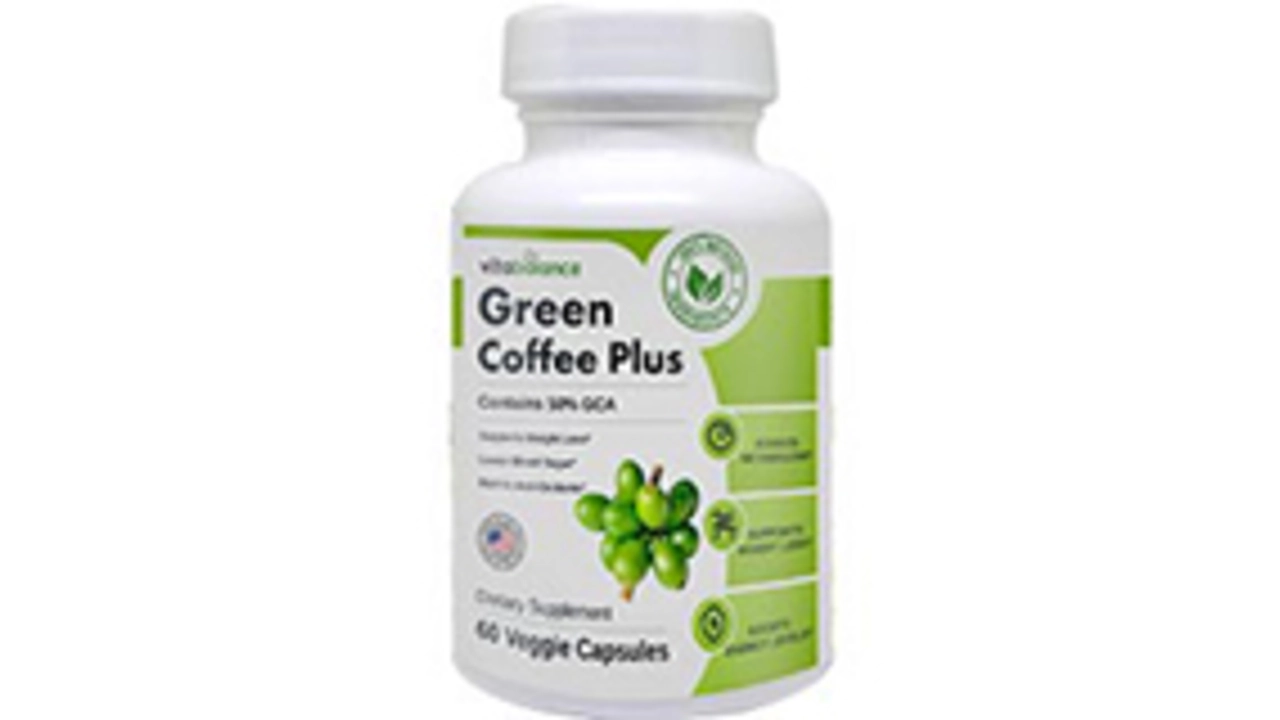Hyacinth Bean Supplements: What You Need to Know
Hyacinth bean (also called lablab) shows up in traditional medicine and as a food crop. People take supplements hoping for better blood sugar control, more fiber, or plant protein. Before you try one, know the evidence, risks, and how to pick a safe product.
Benefits and evidence: animal studies and limited human reports suggest hyacinth bean extracts may lower blood glucose and improve lipid profiles. Traditional use also cites antiinflammatory and digestive support, but solid clinical trials in people are scarce. Treat claims with caution and expect mixed results.
Forms and dosing: you’ll see whole seed powders, dry extracts, and capsules. Dosages differ by product; there’s no established standard. Typical supplement labels list 300 to 1000 mg per serving. Start low, track how you feel, and stop if you notice digestive upset.
Safety notes: raw hyacinth beans contain natural toxins and antinutrients like lectins and cyanogenic compounds. Proper cooking or using commercial extracts removes most of the risk, but quality varies. Avoid if you are pregnant, breastfeeding, have kidney disease, or take blood sugar lowering drugs without medical advice. If you use diabetes medicines, monitor glucose closely and tell your clinician.
How to choose and buy
Pick products that list the botanical name Lablab purpureus and show a clear extract ratio or ingredient weight. Prefer brands with third party testing, GMP certification, or lab certificates. Check for allergen statements and avoid mixes with unknown additives. Read reviews, but watch for identical copy pasted testimonials.
Who might try hyacinth bean
People interested in plant protein, extra fiber, or traditional blood sugar support often try these supplements. Athletes looking for an alternative protein source may like seed powders, while older adults sometimes experiment for metabolic help. Don’t expect a miracle; think of hyacinth bean as one small tool in a broader diet and treatment plan.
Talk to your doctor if you have chronic conditions or take prescription drugs. Ask about interactions and baseline tests if you plan to use it for blood sugar. If you decide to buy, keep a product packet and note batch numbers in case of recalls.
Want more? Read our articles on Solomon's Seal, wild thyme, and iron, folic acid and zinc to compare herbal options and essential nutrients. On this site you’ll also find safe buying guides for many supplements and medications.
Practical tips: start with the lowest recommended serving and keep a simple log of dose, time, and any changes in digestion, energy, or glucose. Use home glucose meters if you have diabetes and compare readings before and after starting the supplement for two weeks. If side effects like nausea, vomiting, dizziness, or unusual weakness show up, stop immediately and seek medical advice. Keep supplements out of reach of children; seeds can be dangerous if eaten raw by kids. Store products away from heat and moisture and check expiry dates.
Make choices based on quality, not just price, and always ask a healthcare pro when unsure. Stay safe.
Boost Your Health Naturally with the Power of Hyacinth Bean Supplements
In my recent exploration of natural health boosters, I've discovered the phenomenal benefits of Hyacinth bean supplements. These natural supplements are packed full of nutrients, promoting better health and helping to deter various ailments. From boosting your immune system to improving heart health, the benefits are truly impressive. I was amazed to find that they also help enhance cognitive function and mood. So, if you're looking for a natural way to boost your health, Hyacinth bean supplements could be worth considering.
© 2026. All rights reserved.

